
Crash Course 360°Pack
₹15,000.005 Weeks of Crash Course + Student Visa | Ideal for English medium students or students fluent in English.


Over the last ten years, the number of international students choosing Canada for their studies has skyrocketed, with its prestigious universities often landing at the top of international rankings. Canada now hosts nearly half a million foreign students, making it a premier destination known for its first-rate education, budget-friendly tuition, and straightforward visa process. It further enhances the student experience with a high standard of living, varied educational settings, exceptional academic quality, and ample career prospects.
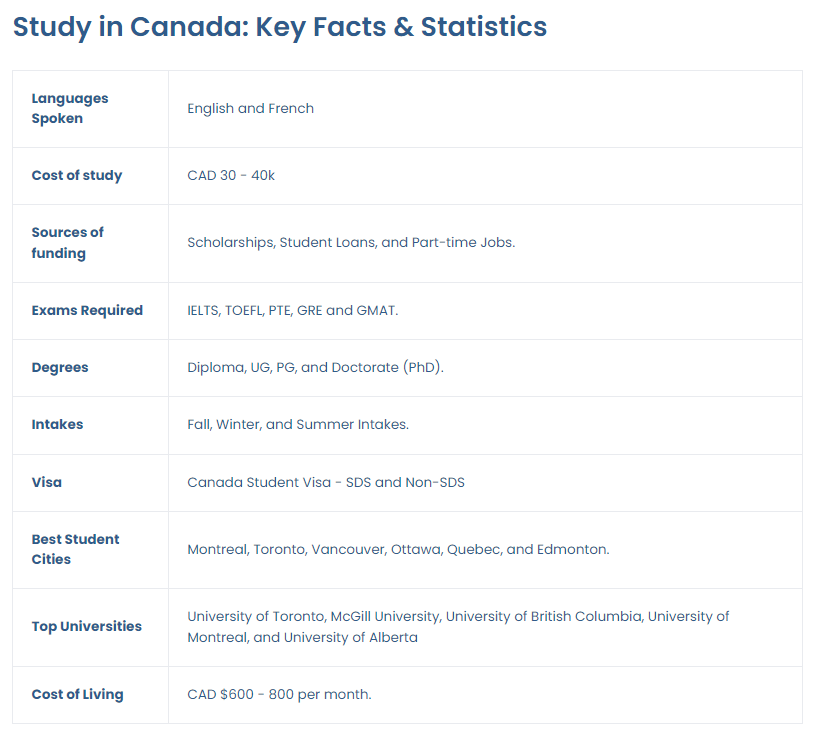
The attraction of Canada as a study destination has particularly resonated with Indian students, whose numbers have impressively spiked by 260% in 2022, reaching a total of 800,000. This group now accounts for more than 28% of all international students in Canada. In 2023 alone, approximately 753,000 students were granted Canadian student visas. Reflecting its global reputation, Canada was ranked third in quality of life by the U.S. News & World Report in 2022. It's also home to numerous universities that have earned places in the top 200 of the Times Higher Education rankings for 2023. A large share of Canada's international student body comes from Asian nations such as India, China, and Korea, attracted by the country's reputation for being open, safe, and friendly.
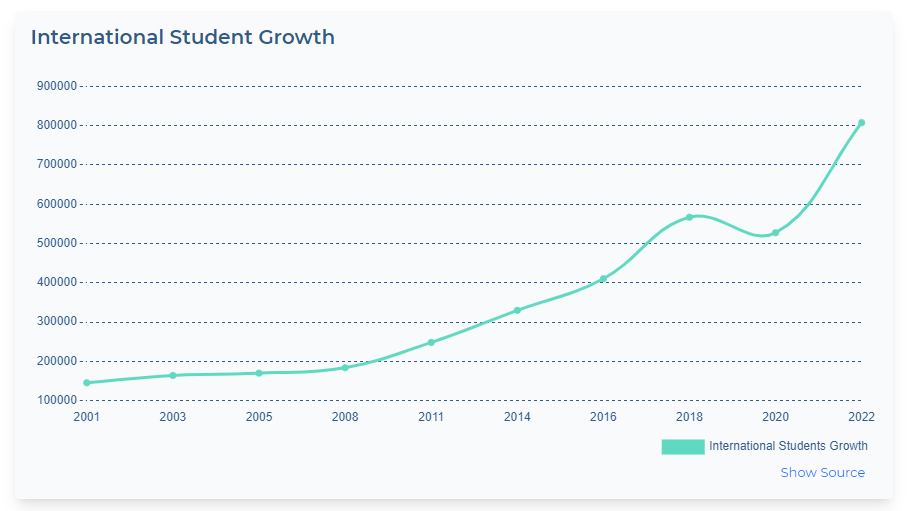
When it comes to international students aiming for a top-notch Canadian education, getting through the visa process is the crucial first step towards achieving their academic goals. Whether you choose the streamlined Student Direct Stream (SDS) or the traditional Non-SDS route, obtaining a student visa is key. In addition to this essential requirement, proving your English proficiency is a must, with exams like the IELTS, TOEFL, or PTE serving as the standard for language skills. Moreover, Canada's academic landscape is both diverse and competitive, calling for the submission of standardized test scores such as the GRE, SAT, or GMAT, depending on your level and field of study.

This detailed preparation not only demonstrates your readiness to excel in an English-speaking academic setting but also highlights your determination to succeed in your chosen field. Each step, from securing your visa to completing your tests, signifies your dedication and a significant stride towards becoming a part of Canada's esteemed educational community.
Canada offers a wealth of educational options with its 15 research institutions, over 100 public universities, 86 private colleges, and numerous community colleges providing a wide range of academic pathways from diplomas and certificates to bachelor's and post-graduate degrees, available in various formats including online and hybrid.
If you're contemplating pursuing higher education at a university of your choice, it's also wise to consider the best student cities in Canada. The QS Best Student Cities Rankings 2023 highlight Toronto, Montreal, Vancouver, Ottawa, and Quebec as top-notch choices.
Here's a brief overview of these Canadian urban centers.
Nestled in Ontario, Toronto is not only Canada's largest city but also a cultural melting pot, hosting the prestigious University of Toronto. It's recognized as Canada's financial hub, housing the headquarters of the nation's five biggest banks.
Standing as Canada's second-largest city, Montreal is a beacon for post-secondary education with a dense population of students. It boasts esteemed institutions like McGill University, Université de Montréal, and Concordia University, offering a vibrant study atmosphere.
As the third-largest city in Canada, Vancouver is famed for its exceptional quality of life. It's home to the University of British Columbia, Simon Fraser University, and the University of Victoria, making it an ideal location for students seeking a balance between urban living and nature.
Ottawa is celebrated for its academic excellence and research, with universities that attract international students across various disciplines. The city offers accessible transportation, affordable living, job opportunities, and scholarships, enhancing its appeal as a student destination.
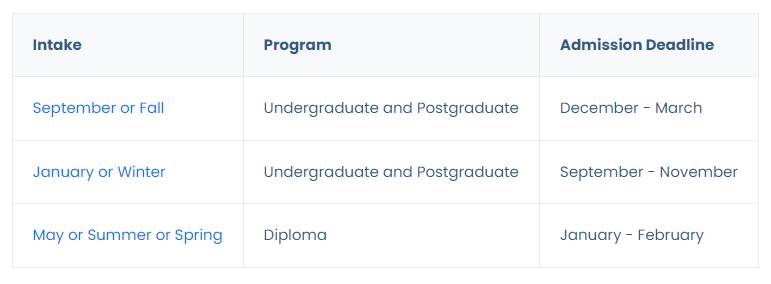
Canadian educational institutions distinguish themselves from Indian ones by offering three distinct admission periods, also referred to as semesters. For international students aiming to study in Canada, understanding these intakes is essential as they determine when universities worldwide open their doors for applications. The three primary intakes in Canadian universities are Fall, Winter, and Summer, each providing a unique opportunity for students globally to apply.

Summer Intake: Initiating in April or May, the Summer intake is less common and is available at select universities. It primarily offers diploma and vocational programs and is alternatively known as the Spring or May intake.
The dedicated instructors of The English Channel are passionate about adapting their teaching methods to fit each student's unique needs.
We prioritize creating the optimal learning environment, making your journey to IELTS success both swift and straightforward.
Canada has prestigious universities that offer a range of degree programs with top-notch facilities, including modern libraries, spacious auditoriums, and advanced research centers, setting a standard for quality education. Universities in Canada offer on-campus accommodation which includes cozy dormitories, residential halls, and apartments, ensuring a safe and enjoyable environment for students.
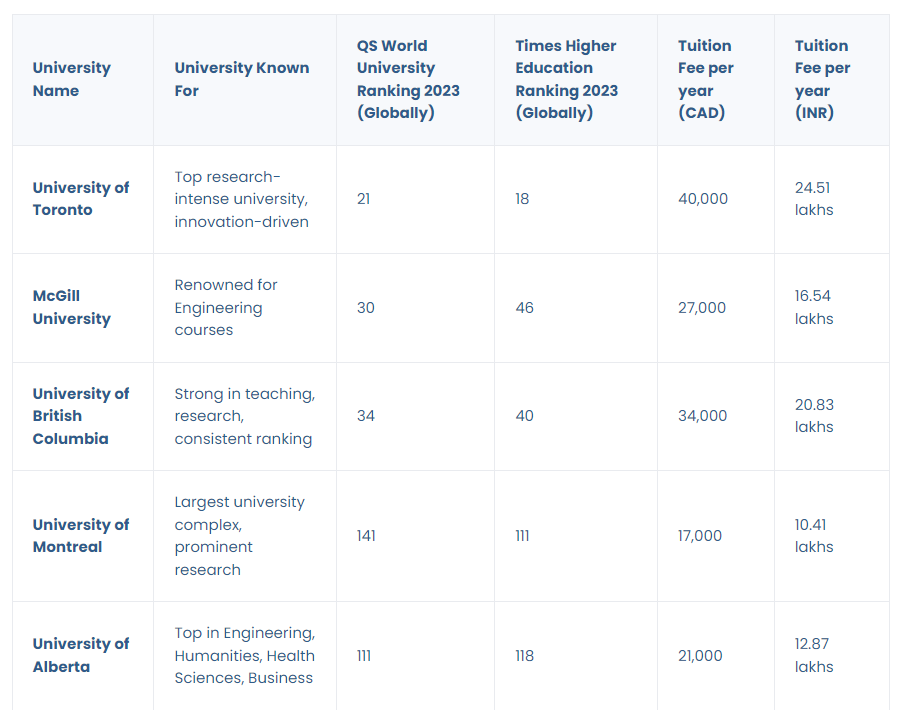
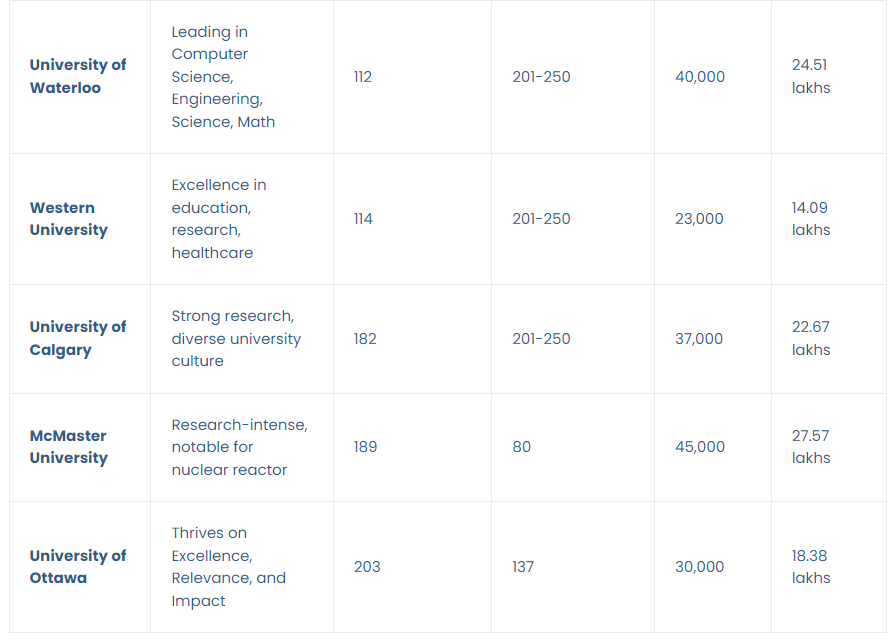
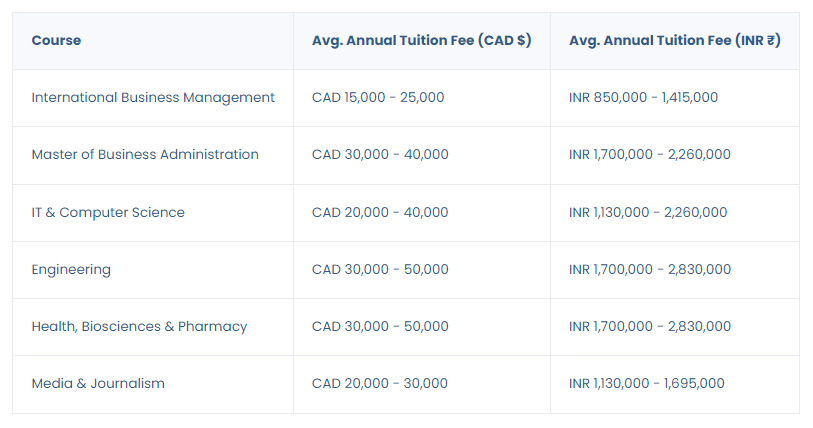
The Canadian education framework is structured into three tiers: Elementary, Secondary, and Post-secondary Education. After completing their elementary and secondary education by the age of 16 to 18, students are eligible to progress to Post-secondary Education. Education governance is decentralized, with each Canadian province overseeing its system. Despite some regional differences in education levels, the overall system across Canada is renowned for being cost-effective and globally recognized. For a detailed understanding of Canada's education system, refer to the table below.
Canada's distinguished education system is celebrated for its diverse range of programs spanning undergraduate, graduate, and post-graduate levels. In addition to offering comprehensive bachelor's and associate's degrees, which typically require 3 to 4 years to complete, Canadian universities present a variety of certificate and diploma courses.
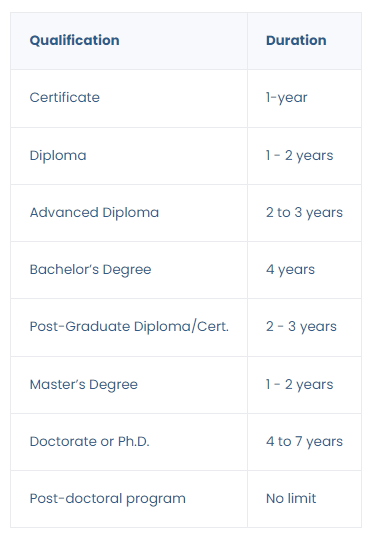
For those pursuing advanced studies, master's and doctoral programs are available, lasting anywhere from 2 to 6 years, while post-graduate diplomas usually span 1 to 2 years. A key feature of these programs is their focus on experiential learning, enabling students to apply theoretical knowledge in real-world scenarios, thereby acquiring practical skills and insightful academic experiences in their field of study.
Popular fields of Study in Canada
International students planning to pursue their studies in Canada require a study permit, a crucial immigration document that authorizes their educational stay in the country. This permit must be accompanied by either a visitor visa or an Electronic Travel Authorization (eTA) to ensure lawful entry into Canada. The study permit is particularly vital for Indian students, allowing them to enroll at Designated Learning Institutions (DLIs) across Canada.
It's important to understand that a study permit differs from a visa; the latter facilitates your entry into Canada. To secure a Canadian Student Visa, initiate the application process 4 to 6 months before your academic program starts, following the receipt of an Admission Offer from a DLI in Canada. Applications can be submitted online via the Government of Canada Key (GCKey) portal, through a Visa Application Centre (VAC), or directly upon arrival at a Canadian entry point. The application fee for a Canadian Student Visa is set at $150 CAD, which includes additional charges for biometrics ($85 CAD) and service fees ($45 CAD).
Typically, the processing time for a study visa ranges from 4 to 8 weeks. For expedited processing, the Student Direct Stream (SDS) is available, offering a 20-day processing timeframe. Indian students can take advantage of the SDS by providing the required documentation for their visa application.
Scholarships are financial awards given to students who meet specific criteria, typically based on academic achievements, without the need to repay. Students who excel academically and in extracurricular activities are encouraged to apply for these scholarships. Offered by the Canadian government and various external entities, these scholarships are designed to make studying abroad more affordable. Additionally, there are scholarships available that are based on financial need.
Please refer to the table below for a comprehensive list of popular scholarships available in Canada for Indian students.


To apply for a Canadian study visa, applicants need to gather a comprehensive set of documents to demonstrate their eligibility and readiness for study in Canada. These documents include:
Letter of Acceptance: Obtain this from a Designated Learning Institution (DLI) in Canada.
Valid Passport or Travel Document: Ensure your passport is valid for the duration of your intended stay.
Government-Authorized Identity Proof: This can be any official identification document issued by your country of residence.
Financial Statements: Show evidence of sufficient funds to cover tuition, living expenses, and return transportation.
Medical Examination Confirmation: Provide details of your medical examination from an approved physician.
Statement of Intent: Describe your purpose for studying in Canada and how you plan to use your education.
Police Clearance Certificate: This document certifies that you have no criminal record.
Canadian Bank Account Statement: If applicable, show evidence of a Canadian bank account.
Guaranteed Investment Certificate (GIC): Demonstrate financial readiness through a GIC from a Canadian bank.
Proof of Student/Education Loan: If your studies are financed through a loan, provide the relevant documentation.
Bank Draft: Show a bank draft in Canadian dollars to cover tuition fees.
Proof of Tuition and Housing Fee Payment: Provide receipts or confirmation of these payments.
Sponsorship Letter: If you're sponsored, include a letter from the school or individual sponsoring you.
Scholarship Proof: If you have a scholarship, provide the necessary documentation.
Quebec Acceptance Certificate (CAQ): This is required if you're planning to study in Quebec.
Letter of Explanation/Statement of Purpose (SOP): Offer a clear explanation or SOP detailing your study plans in Canada.
The cost of studying in Canada can vary based on your program, university, course length, and living expenses. For students needing financial support, numerous banks and financial institutions offer education loans specifically for studying in Canada. It's crucial to check the eligibility criteria before applying to ensure you qualify for a loan. Since loans can differ in what they cover, it's wise to talk to your bank to get the lowdown on what expenses are included. Typically, education loans can help with costs like:
Enrollment and tuition fees
Travel expenses
Course materials like books and stationery
Lab fees
Accommodation and meal costs in a hostel
Buying a laptop if it's needed for your studies
Funding for any project work or educational trips
The annual tuition fees in Canada vary, ranging from CAD 13,000 to CAD 35,000, depending on the program and institution. Typically, courses in humanities, education, and arts are less costly, whereas medicine and engineering come with higher price tags. On average, an undergraduate program might cost about CAD 6,800 (which is roughly Rs. 4,16,582) per year, while a master's degree could set you back about CAD 21,100 each year, according to 2022 data from Statistics Canada.
For postgraduate courses, especially MBAs, expect tuition fees to fall between CAD 30,000 and CAD 42,000. When you stack it up against other developed nations, Canada is relatively affordable, offering a range of financial aid options like scholarships, loans, bursaries, and assistantships for international students.
For a clearer picture, refer to the table below that outlines the estimated tuition fees based on the program level.
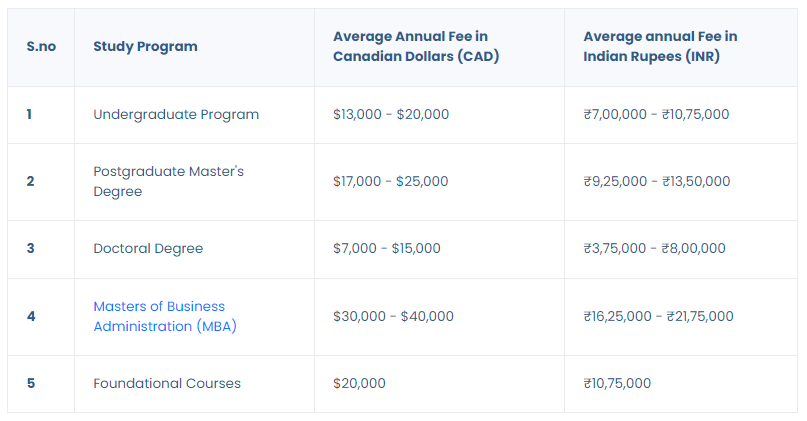
Living expenses in Canada typically range between CAD 15,000 and CAD 20,000 annually, presenting a significant difference compared to the cost of living in one's home country. Understanding the Canadian lifestyle and associated costs is crucial for prospective residents. Among Canadian cities, Quebec is known for its affordability, offering lower living expenses. Factors contributing to the overall cost of living include accommodations, food, apparel, educational materials, transport, and leisure activities, averaging around CAD 19,000 (or INR 11,62,173).
Additionally, all residents in Canada have access to complimentary healthcare services, a privilege that also applies to permanent immigrants.
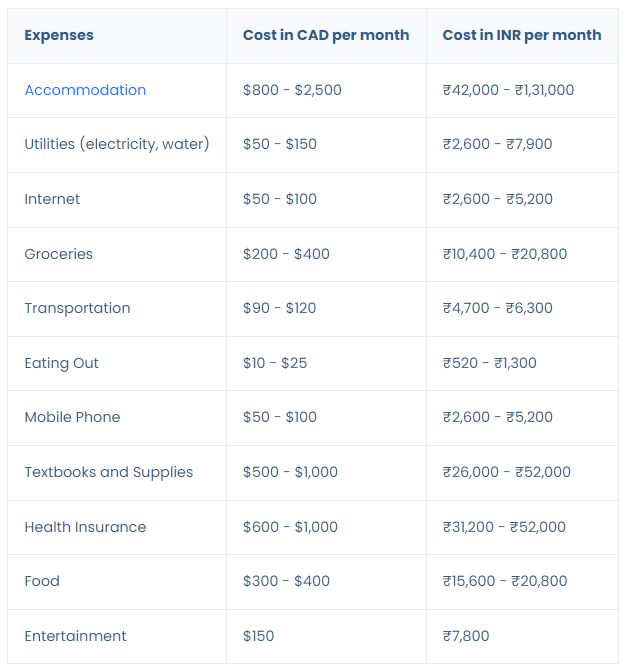

Canada is a land of opportunity for students at all levels of education, as well as for graduates and professionals, issuing approximately 300,000 work permits to foreign students every year. International students in Canada can explore a variety of work-study options such as on-campus employment, off-campus jobs, co-op roles, and internships. To work after completing their studies, graduates need to obtain a Post-Graduation Work Permit (PGWP), which costs $255 CAD to apply for. This permit not only allows graduates to gain valuable Canadian work experience but also acts as a stepping stone towards Permanent Residency (PR) via the Express Entry system, typically issued for the length of the study program, up to a maximum of three years.
For eligibility for the PGWP, having a job offer is essential. Advantages of holding a job offer include the ability to work freely across Canada, sponsor family members for a Dependent Visa, earn in Canadian dollars, enjoy unrestricted domestic travel, apply for PR after a year of employment, and immerse in the professional practices of leading Canadian companies. Those with job offers can obtain an Open Work Permit, permitting them to work for any employer in Canada for up to three years and change jobs if they wish.
In recent years, Canada has become a hub for international students, offering them ample work opportunities both during their academic journey and post-graduation. Recognized by Forbes and US News as the top G20 nation for business, Canada's favorable environment is underscored by the Economist Intelligence Unit's prediction as the 3rd best G7 country for business between 2018 and 2022. Statistics Canada's 2021 report notes that within a decade of receiving their first study permit, around 60% of employed international students transition to permanent residency.
Holding a Canadian student visa allows students to engage in part-time work for up to 20 hours weekly during their studies. In Canada, part-time employment usually offers an hourly wage between $13 and $16. Recent policy updates now permit international students with the appropriate off-campus work authorization to engage in full-time employment during academic breaks.
Discover some of the highest paying jobs in Canada where the average graduate salary stands at $74,819 annually or $38.37 per hour. For specific job roles and their corresponding average salaries, refer to the table provided below.

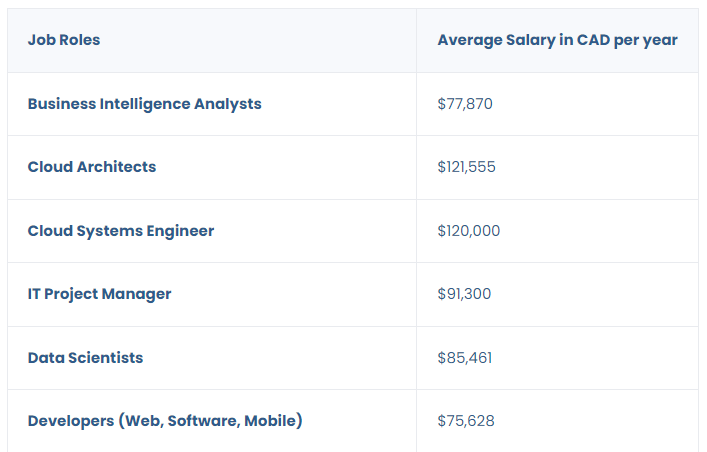
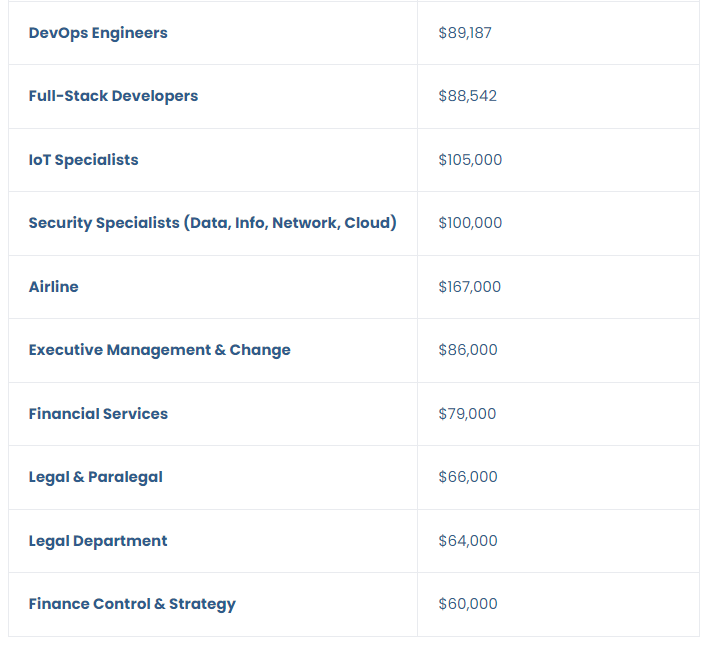

5 Weeks of Crash Course + Student Visa | Ideal for English medium students or students fluent in English.
Career Counselling & Assessment |
Courses & Program Selection |
Education Loan Processing |
SOP Writing & Guidance |
Student Visa Process (Canada & UK) |
Pre Departure Counselling |
Generally, international students pursuing undergraduate degrees pay about $36,100 annually, whereas those enrolled in graduate programs typically incur tuition fees of approximately $21,100 each year, according to data from Statistics Canada in 2022.
While Canadian universities do not offer tuition-free education, it is not entirely impossible for international students to study without bearing costs. Institutions such as the University of Toronto and the University of Alberta provide full scholarships that can cover the expenses for eligible international students.
To secure a student visa for Canada, you must show a bank balance of at least $10,000 CAD. For those planning to pursue studies in Canada, demonstrating financial capability with at least $25,000 CAD in your bank account is essential.
You are eligible to sponsor or receive sponsorship from a range of family members, including your spouse, common-law partner, conjugal partner, child, parent, grandparent, orphaned sibling, orphaned nephew or niece, and orphaned grandchild. For information on obtaining a spouse visa for Canada, you can find guidance here.
Generally, a gap of up to two years in education is considered acceptable for students aiming to study in Canada, though the acceptance of a study gap may vary depending on the specific university and the program's criteria.
Yes, degrees earned from Canadian institutions are recognized globally and renowned for their high-quality education.
Leading Canadian universities usually have acceptance rates ranging from 40% to 60%. Notable universities with higher acceptance rates are the University of Brunswick at 74%, Toronto Metropolitan University and Lakehead University each at 55%, and both the University of Montreal and the University of Guelph at 50%.
Yes, an MBA degree obtained from Canada is acknowledged worldwide, including in India. However, many graduates of Canadian MBA programs opt to remain in Canada post-graduation, attracted by the competitive salaries, ample job prospects, and the high standard of living.
After applying for the visa, the subsequent phase is the visa interview, which can be somewhat daunting and may result in visa denial if not handled well. Therefore, it's crucial to prepare thoroughly by familiarizing yourself with the frequently asked questions in Canada visa interviews to enhance your chances of success.